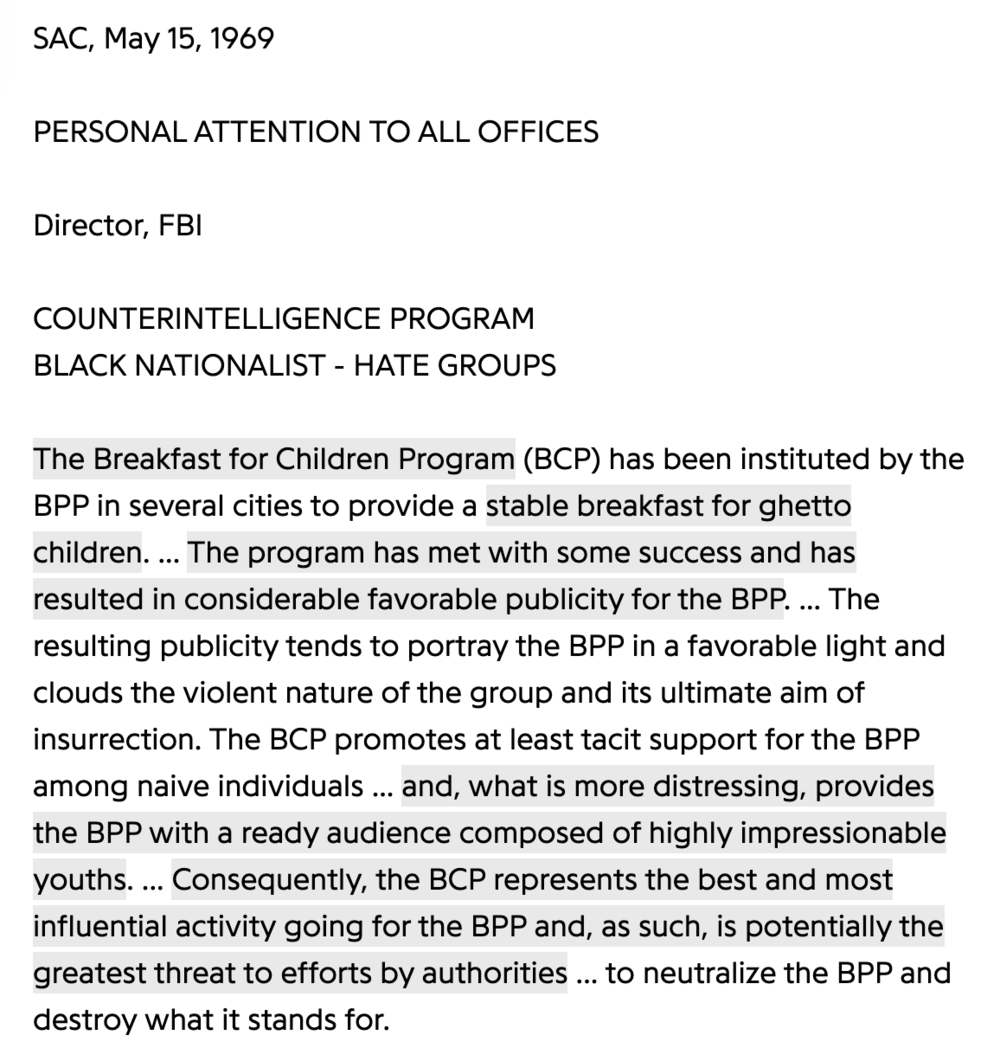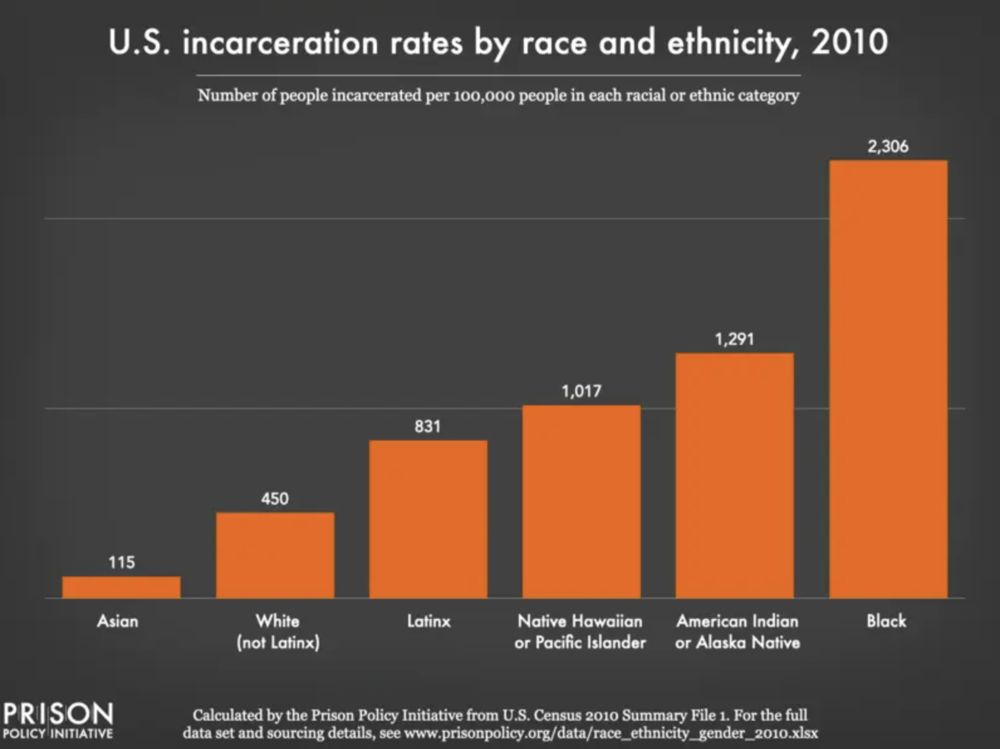Weekly Newsletter
Taylor started her weekly newsletter in 2020 and has been the sole author of almost one hundred blog mosts and almost two hundred weekly emails. A lifelong lover of learning, Taylor began researching topics of interest around anti-racism education and in a personal effort to learn more about all marginalized groups. When friends asked her to share her learnings, she started sending brief email synopsises with links to her favorite resources or summarizing her thoughts on social media. As the demand grew, she made a formal platform to gather all of her thoughts and share them with her community. After accumulating thousands of subscribers and writing across almost one hundred topics, Taylor still feels excited to learn something new every time she shares an issue. Although many topics have been heartwrenching, enraging and painful to discuss, Taylor believes she is always more empowered to actively create change when speaking from a place of knowing. Beginning January 2024, the newsletter has transitioned to a new podcast entitled, On the Outside. Listen to the podcast everywhere podcasts are found.
Read some of Taylor’s most impactful newsletters below.
This week I started my internship at Just Ideas, a program through the Center for New Narratives in Philosophy at Columbia University and founded by Christia Mercer. I wanted to document the experience in as much detail as possible. I feel a responsibility to this role and a responsibility to the men in my class. Even though I am still trying to find the language to describe how impactful this experience has been for me, I wanted to share it here, with you.
In short, this law virtually eliminated bail for the most common, non-violent crimes, and reduced our jail populations by over 30%. By April of 2020, however, due to fearmongering and unsubstantiated claims made by groups like the NYPD, 12 crimes had their new bail policies rolled back, rendering the original law virtually useless. Remember — bail criminalizes poverty.
When someone is accused of a crime, a judge decides if they are 1) held without bail, 2) released, 3) held with bail. If someone cannot pay bail, they go to jail. This is before they have a trial. Every day, nearly half a million individuals sit in local jails who have not been convicted of any crime. Why are most of them there? Because they cannot afford cash bail. To avoid this, many people plead guilty and take a plea deal instead of waiting for a trail. Only about 5% of cases go to trial at all. This has lasting consequences. Bail criminalizes poverty.
The War on Drugs is a phrase used to refer to a government-led initiative that aims to stop illegal drug use, distribution and trade by dramatically increasing prison sentences for both drug dealers and users. This drug war has led to unintended consequences that have proliferated violence around the world and contributed to mass incarceration in the US.
An engaged bystander is someone who lives up to that responsibility by intervening before, during, or after a situation when they see or hear behaviors that threaten, harass, or otherwise encourage violence. Bystander Intervention is a social science model that predicts the likelihood of individuals (or groups) willing to actively address a situation they deem problematic.
Lambert Adolphe Jacques Quetelet was a statistician (not a medical professional) who sought the specifications for the “average man” or l’homme moyen by predominantly measuring white men—and definitely no women—to find a bell curve of data where the peak was considered “normal” and “everything differing from his proportion or condition, would constitute deformity or disease…or monstrosity.” This was during a boom of scientific racism which also impacted this work.
Sometimes we have a perception that one can only be an activist if they are raising a lot of money for a cause, or giving a speech at a rally, or (in today’s world) have hundreds of thousands of instagram followers who re-share their infographics. The truth is, anyone can be an activist in their daily life but it takes more than being a slacktavist on social media, it takes time, patience, and mental and emotional strength to stand up for justice.
The Black Panther Party for Self-Defense was founded in October 1966 in Oakland, California by Huey P. Newton and Bobby Seale and the first point of their Ten Point Platform and Program was “We want freedom.” In 1968, the FBI’s first director, J. Edgar Hoover called the Black Panthers, “One of the greatest threats to the nation’s internal security,” because they were angry, organized and defiant. COINTELPRO wanted the Black Panthers exterminated, disgraced and omitted from the history books — and largely succeeded. Today, we focus on the truth of their legacy.
We’ve learned from elementary school through adulthood that this is a holiday meant to celebrate liberty and freedom, but who did the Founding Fathers seek to celebrate when they signed the Declaration of Independence? Whose freedom was secured when 41 out of the 56 men who signed that document owned slaves?
When I first wrote my newsletter on Allyship ten months ago, I had a good idea of what I wanted to see my friends, coworkers and community doing to step up and fight for equality. Now, after almost a year of weekly newsletters, a growing community, the creation of my company ACTIV-ISM (alongside my friend Kira West)—I have a greater idea of what it really takes to do something to impact real world change every single day.
Lateral oppression is displaced violence directed against one’s peers rather than oppressors. This construct is one way of explaining violence between marginalized groups. Internalized colonialism is a concept in which an oppressed group uses the methods of the oppressor against itself. Ultimately, these are a lot of terms that mean the similar things—we’re talking about the concept of marginalized folks being oppressed and, in turn, oppressing those around them and themselves.
The 13th amendment to the Constitution made slavery illegal while repackaging it into a different form. The prison system in America turns those that are incarcerated into subhumans. Black men account for roughly 6.5% of the US population, but 40.2% of the prison population. Why is this? We can trace it back to the 13th amendment.
Last week, we talked about the history of the prison system in The United States, this week, I want to focus more specifically on current prison conditions and the reform that folks are pushing for. We discuss bail. prison conditions, thee death penalty, excessive punishment for drug-related crimes, and re-entry back into society.
Prison reform is the attempt to improve conditions inside prisons, improve the effectiveness of the prison system, implement alternatives to incarceration and find ways to reinstate convicted individuals back into society after they serve their sentence. This topic will be broken down into 2 weeks, this week we get some background and history on the prison system in America, next week we talk more about conditions and key reform points.
Scientific racism is the pseudoscientific belief that evidence exists to support or justify racism, racial inferiority, or racial superiority. Most of these claims about Black people were made to justify slavery, segregation and the torture that they endured at the hands of doctors and scientists. From forced sterilization to experimentation to the current day stereotypes that pervade American culture, these false scientific claims have real world repercussions.


This week I share some of my final thoughts after finishing teaching one course at the Metropolitan Detention Center (MDC). If you haven’t read my first newsletter on this topic where I recount my initial experience in detail and share some background of Just Ideas, the program I am working with to teach these classes, please check it out here before reading on. Honestly friends, this experience has been full of far more joy than I could have ever imagined. Merely engaging with these men, witnessing them, hearing them, validating their experiences, I believe, is the true work. Human Rights begins with seeing the humanity in those who are most vulnerable, most marginalized, most forgotten. Before meeting my group of 15, I already felt immense empathy for this community, but after engaging with these men, my heart absolutely breaks for each one of them. I am firmly and unequivocally an abolitionist. I believe mass incarceration is an unnecessary evil and it has been proven that locking human being away does not reduce crime and absolutely does not rehabilitate those who have committed crimes.